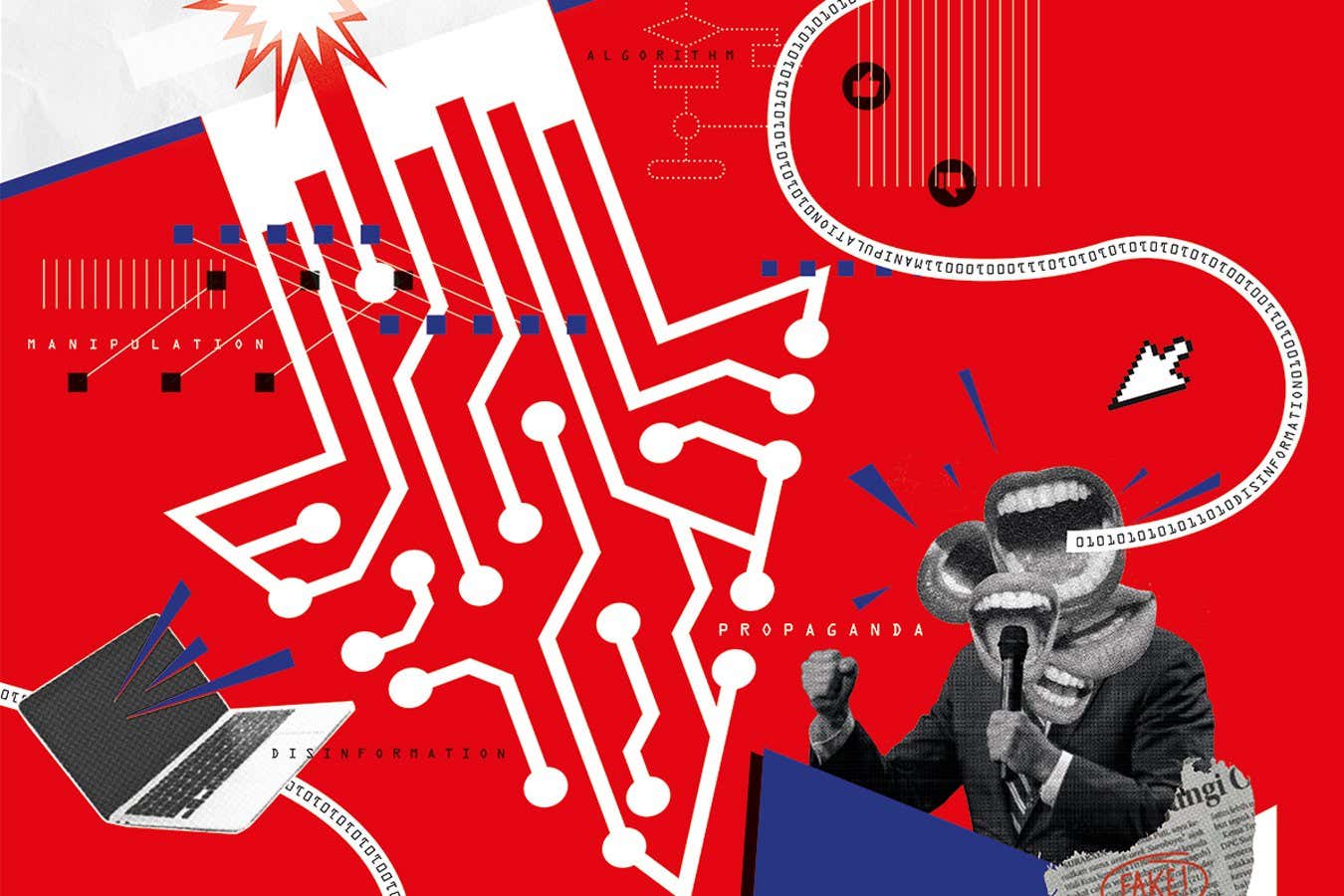
Ryan Wills
Monsters loom, threatening our democracies. They come in many guises, from online misinformation networks and deepfakes to social media bots and psychological microtargeting that uses our personal data to tailor political messages to our interests, attitudes and demographics.
With around half the world’s population going to the polls in 2024, democracy might seem to be in good health. Yet many worry that it is being undermined by powerful new digital technologies with the potential to target individuals, manipulate voters and sway elections. Fears of digital influence derive some of their power from the novelty of the technologies – we aren’t long into the online age and nobody fully understands what is happening now, let alone where things are going. Each new technology feels unfamiliar and can leave us sensing that the rules of the game are being rewritten. But are these concerns justified?
We are among a growing number of researchers with expertise in political science and psychology who are attempting to draw these monsters out of the shadows. Our studies aim to find out how the new technologies are being used and by whom, as well as how effective they are as tools of propaganda. By carefully defining the idea of digital manipulation, we now know more about the threat it poses to democracy than ever before. There is a vocal lobby that warns about the dangers, but our studies point to a more surprising conclusion. What’s more, our findings can better prepare societies to face the digital demons, telling us exactly what we should be worried about – and what is merely a spectre of our imaginations.





